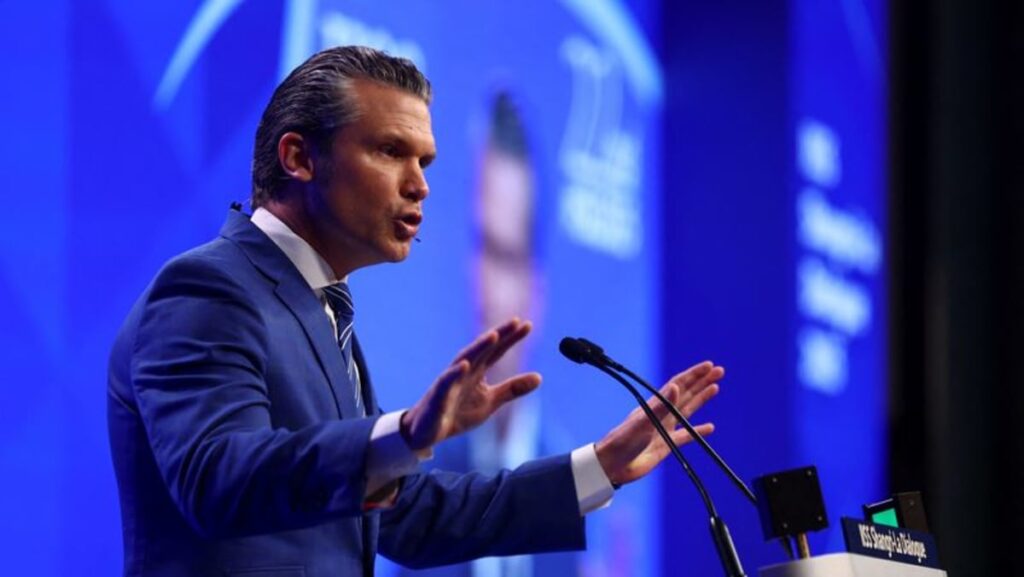The inconsistencies deepen the more you look.
Mr Hegseth criticised China for a “lack of respect for neighbours” but offered no explanation for how this is different from US ambitions in Greenland and Canada. He raised, as he did in Manila and Munich, that the Indo-Pacific is America’s “priority theatre,” but did not address concerns that munitions are being redirected to the Middle East to support US strikes on the Houthis.
At the core of many of these concerns is the question: Is the US serious about its pivot to Asia? The idea of a pivot was first mooted in the Obama administration, but Washington has struggled to make this concrete amid crises in the Middle East and Europe.
Just as Mr Hegseth invoked Singapore’s founding prime minister, Mr Lee Kuan Yew, in his speech, it would be helpful for US officials to recall Mr Lee’s thoughts on America’s strengths and weaknesses from a decade ago.
While America’s “creativity, resilience and innovative spirit” allow it to confront and overcome its core problems, the US cannot simply treat Asia like a movie that it can pause and resume at will. “It does not work like that,” he said. “If the United States wants to substantially affect the strategic evolution of Asia, it cannot come and go.”
Yes, talk is cheap. It is now up to the US to practise what it preaches and convince the region of its credibility.
Kevin Chen is an Associate Research Fellow with the U.S. Programme at the S Rajaratnam School of International Studies (RSIS), Nanyang Technological University (NTU), Singapore.
Read the full article here
